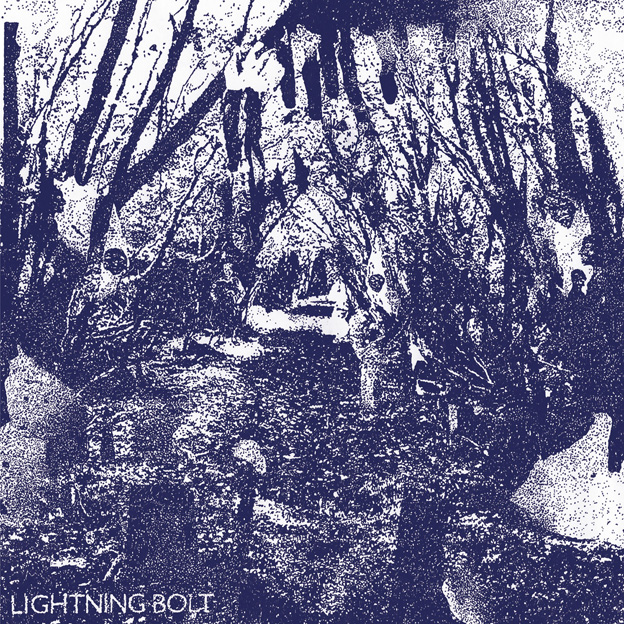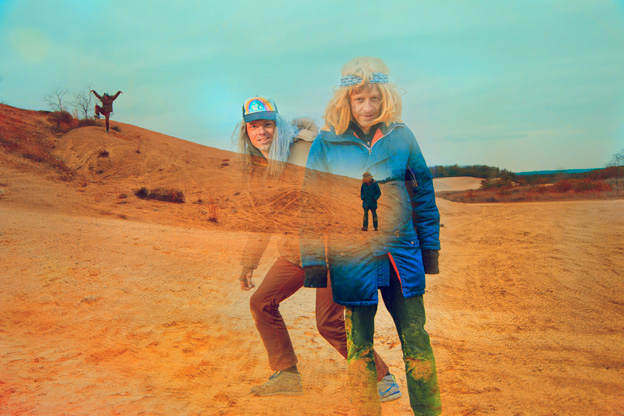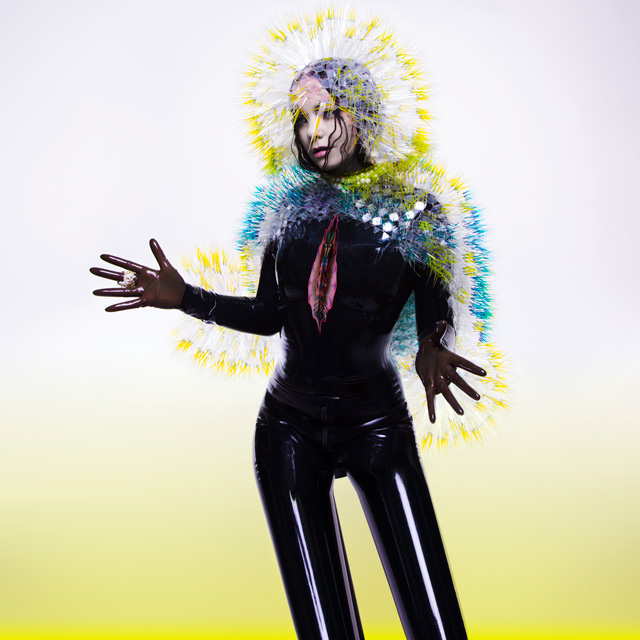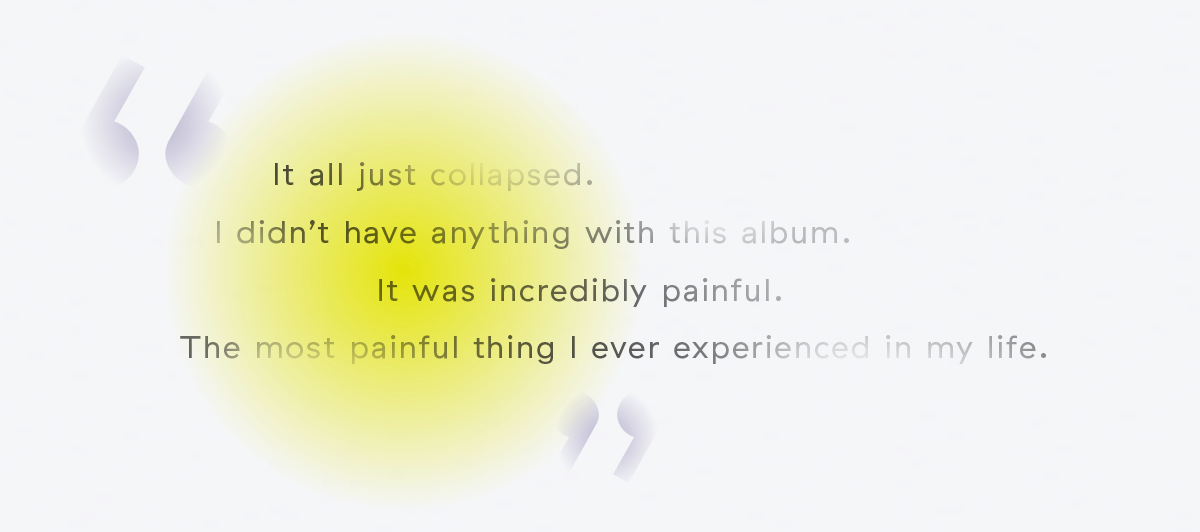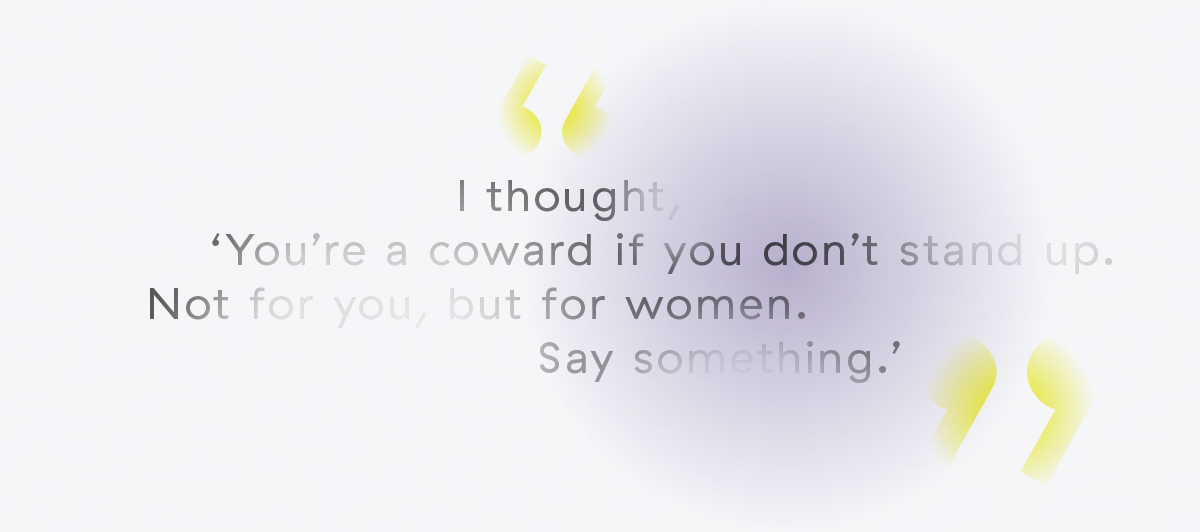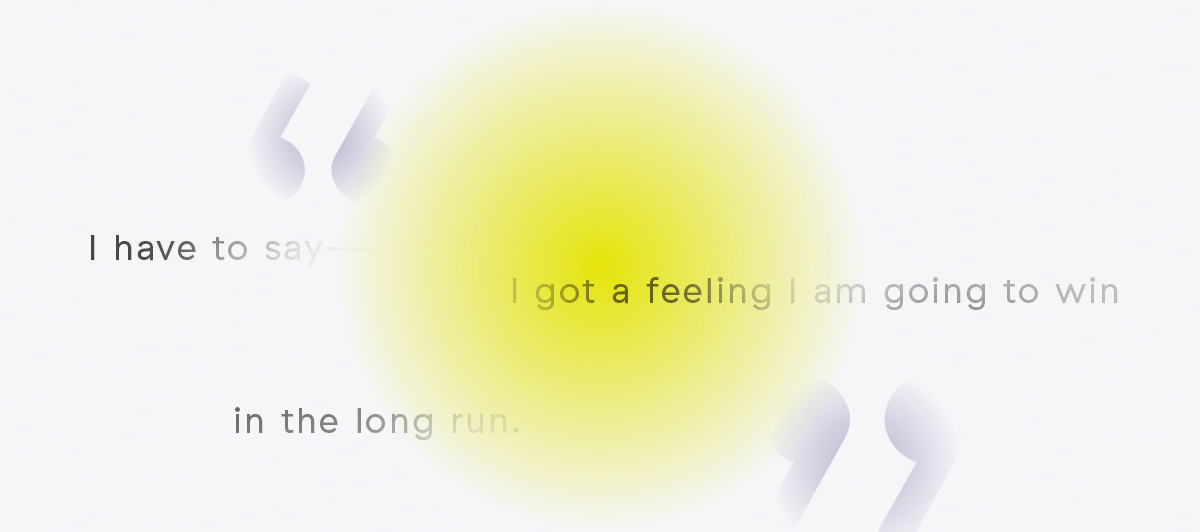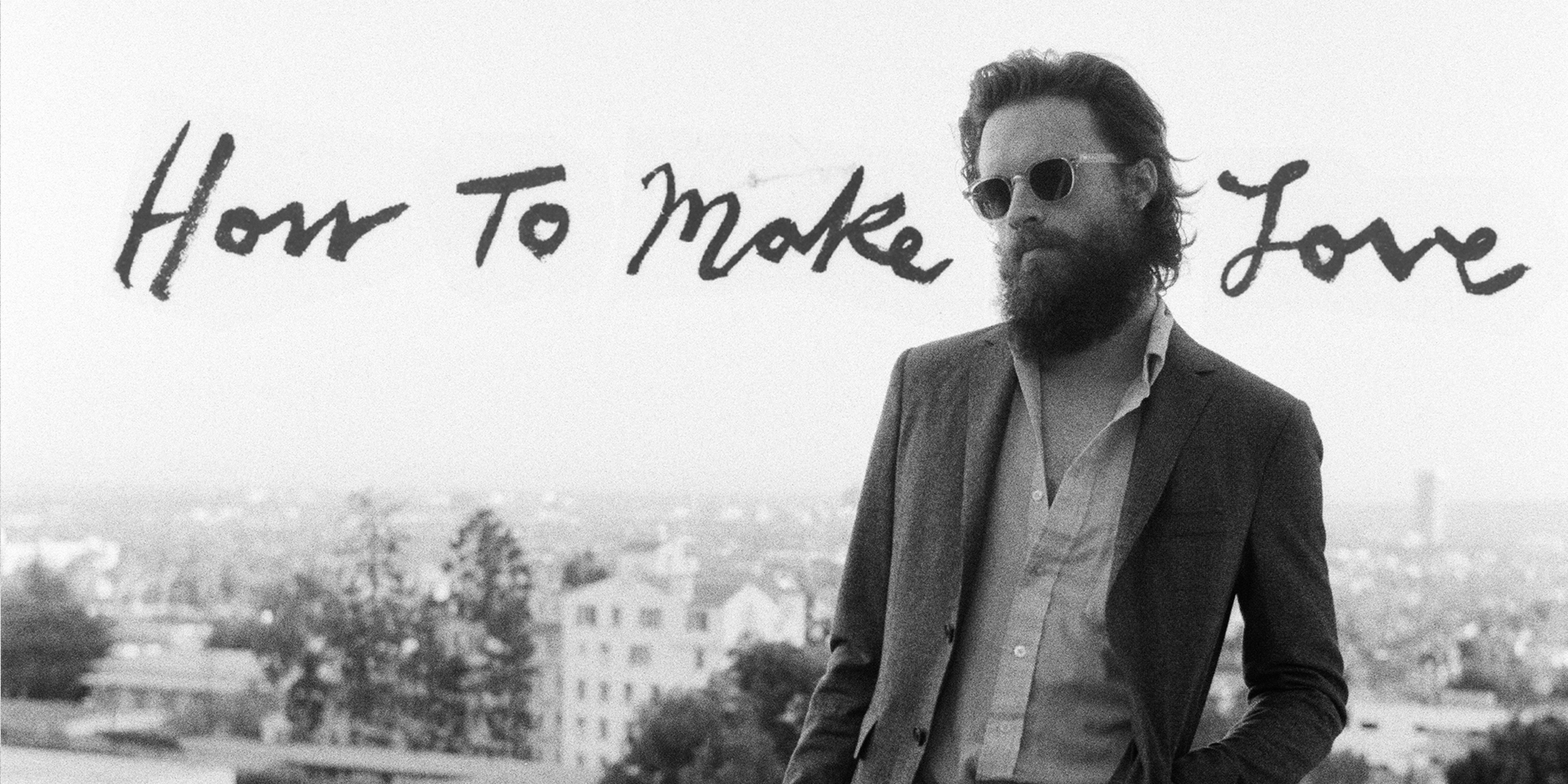
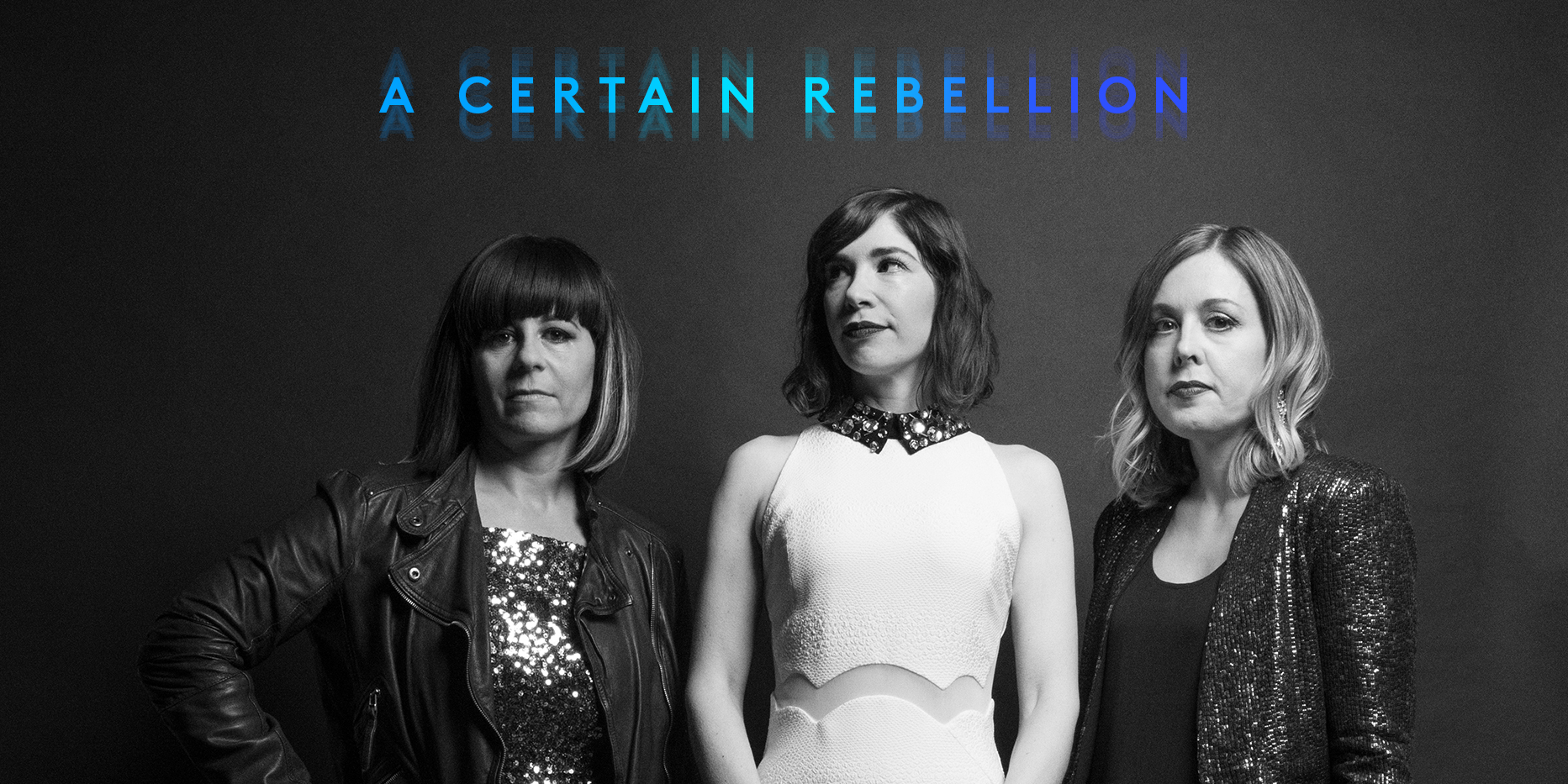
There was supposed to be someone else, some other band that blazed through the path Sleater-Kinney made, some fiery young upstarts who took up that banner and made us true believers, set the awful world right, stamping and railing under those stage lights, loosing that feminist fury, and earning the right to rule upon us in hot waves of punk pummel. Instead, we were left with a Sleater-Kinney-shaped hole in our musical cosmos for nearly a decade. Like Fugazi, Nirvana, or Bad Brains before them—so singular a force, so powerfully perfect—there was no replicating what or who they were.
They ghosted as America's last truly great punk band, the last bridge out of Something Pure—an indomitable, baleful force, born of pre-Internet Riot Grrrl polemics and Olympia DIY as much as a refusal to be hemmed by the dogmatic rules of those schools. They were the girl rock stars that boys respected, too, as they legitimized everyone's lives, peacocking their ambition with solos and stage moves. Their existence was political as much as their band was fun; they served as a revivifying re-enforcement of resistance, pissed dissenters in an era pocked by war, corporate creep, and high irony. They cared.
Their early discography was stripped of blandishment and filled with songs that had the cause of duty. Their music was their way to argue, to assert one’s right to exist, to coalesce an insurgency, to give the girls and the queer kids and the weirdos the language and anthems they needed. Their shows were ecstatic, sure, but they were serious, purposed—when this band came unhinged in a song or onstage, it was torrential, an act of abandon; explosion as an expression of power.
So now that they’re back, the question becomes: Are they still that band?
Listen to their first new album in a decade, and the difference between Sleater-Kinney then and S-K 2.0 is fairly obvious. While No Cities to Love is suffused with that familiar intensity borne of the trio’s dynamic, the record breathes with pleasure—there is a tenacious sheen covering these renegade blues, more melodic indelibility, and more engagement of the same pop forms the band previously subverted. Singer/guitarists Carrie Brownstein and Corin Tucker, and drummer Janet Weiss have coaxed the best of their abilities into refined songs that may be less wild, but are no less intense. They know the rules now, which means they can break them that much better. After a staggering run of albums that scrapped to prove this trio’s truth and demanded the world to give their spectacular motion its rightful berth, No Cities is a return imbued with canonical confidence. Sleater-Kinney’s truth now has more beauty.
To get the revolutionary weight of that beauty, there must be some discussion of the painful reasons of Why Sleater-Kinney Matter So Much. The band began as a way of recording obscured lives, with Riot Grrrl serving a catalytic boost. They were women speaking to other women with their songs. They were making art for us. Their records showed that we mattered. Their success was emblematic, their critical validation totemic; Sleater-Kinney became a front line. Waging a war for a right to be, they pulled us out from the margins as they moved into the light. The hysteria in Tucker’s voice, the caustic edges in a Brownstein phrase—each word was an act of refusal: to be quiet, to be the good girl, to play a game set up for us to lose. Their sound illuminated what it was to be alive, be queer, be feminist, be disgusted by America, to lust for a dignity denied, to want to dance and revel in love and resist death. Sleater-Kinney didn’t mean something; they meant everything.
Their return is not a victory lap. It is a re-declaration of all they were, all they built. It is a claim of glory after all that toil. We still need Sleater-Kinney. And so do they.

“The band was such an intense
commitment, so we knew if we
stopped it would be a full stop.”
—Corin Tucker
“It was sad. It was real. I was crying pretty hard.”
Corin Tucker turns solemn sitting in a Portland bar late last year as she explains the moments that followed the band’s final encore in 2006.
“Did you stay sad?” I ask.
“I did.”
On No Cities closer “Fade”, Tucker glances back at the tidal pull of the stage and weighs the last gasp of Sleater-Kinney’s inaugural run, which still rings in her ears. It may seem like a strange place to lament the band’s end—to leave it like a postscript to this glorious comeback album, one that revels in all they have staked since those Olympia basement days. Yet, it has to be aired. What happened in the intervening years informs the new record as much as their six albums of shared history.
During the months leading up to that farewell show, the band had discussed the need for a hiatus. Tucker was anxious to have a second child; mothering her young son amid the widely successful tour for 2005 breakthrough The Woods was taxing to her family. Brownstein was similarly exhausted and hoping to pursue her comedy project—which would eventually become “Portlandia”, her hit sketch show with Fred Armisen—or get a job at the Humane Society.
“It was bittersweet,” explains Brownstein, smiling. “It was the end of a chapter, but there was a sense of accomplishment to have not skidded to a halt—we beat [Gwyneth] Paltrow on ‘conscious uncoupling’ by about 10 years.” She doesn’t seem to have Tucker’s melancholy on the subject. Yet, after spending the intervening years fulfilling her ambitions as a writer, performer, and musician, Sleater-Kinney’s return is clearly the cherry on top of it all for Brownstein.
“The band was such an intense commitment, so we knew if we stopped it would be a full stop,” adds Tucker—though, in her mind, she envisioned the hiatus lasting only two years. The door was not shut all the way.
Tucker began pursuing a career (that she still enjoys) in website development and made solo records; sometimes, she would start to write a song and then stop, realizing it was more like a Sleater-Kinney song. Weiss, meanwhile, was occupied by touring and recording with Stephen Malkmus and the Jicks, Bright Eyes, and Wild Flag; the drummer also got a job as the permitting manager on “Portlandia”.
“We’re all friends, so we respected that we had other things going on in our lives,” Tucker says. “We really waited until it was like, ‘Is the opportunity going to pass us by if we don’t do it again?’”
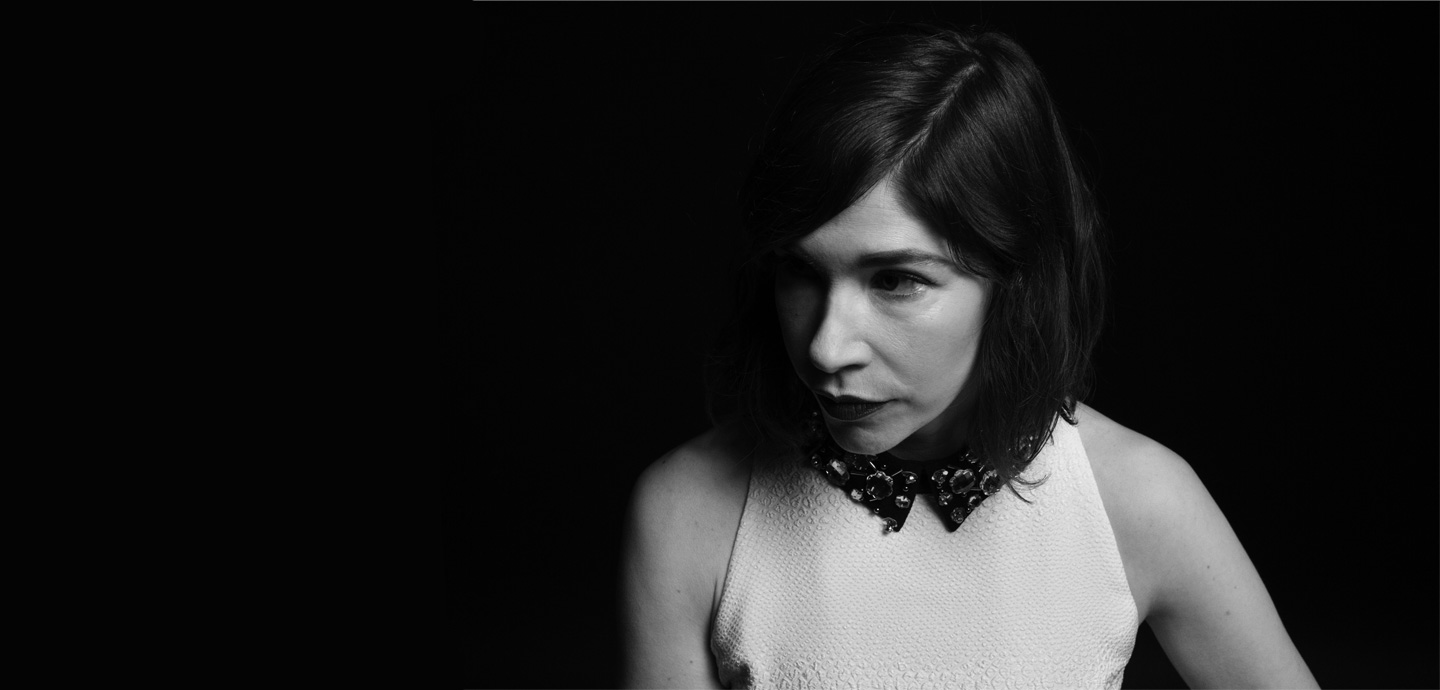
“We can get in a room and start making songs that sound like Sleater-Kinney pretty fast, but that’s not necessarily good enough. We had to find a new approach to the band.”
—Carrie Brownstein
There is some disagreement about the moment when the idea of getting the band back together was first floated. Sitting across the table from one another at friend’s bar near downtown, Brownstein and Tucker debate their new origin story.
“We were watching the debates,” says Tucker. “And I said something about Sleater-Kinney and then asked, ‘Are we ever going to do that again?’”
Brownstein corrects: “We were sitting around on the couch, showing you new episodes of ‘Portlandia’, and Lance [Bangs, Tucker’s husband] and Fred [Armisen] were like, ‘Yeah, you should do it.’”
Weiss says the choice was simple: “We had no reason not to.”
The band nixed the idea of a quick go-round—a few shows, rolling out the hits. (“That would have been hard given that we had no hits,” laughs Brownstein.) They were in for a proper album or nothing at all. Easy nostalgia wasn’t an option. They wouldn’t do it unless they were sure they could build something worthy of their own legacy. They wanted to get it perfect.
“We didn’t want to put out something where people were like, ‘Wow, they really fucked this up!’” says Brownstein. “On your third record, there is a next time. But there would not be a next time if we fucked this record up. We did a ton of work on the songs—we would throw away a song we had been practicing for two weeks. The three of us can get in a room and start making songs that sound like Sleater-Kinney pretty fast, but that’s not necessarily good enough. We had to find a new approach to the band.”

Starting in May 2012, Sleater-Kinney began tuning back up, bit by bit, in Tucker’s basement, cadging together hours between everyone’s hectic schedules. While the songs “No Cities” and “Hey Darling” came right away, the rest of the album was as much a process of winnowing and editing as it was creating. They recorded hundreds of ideas; anything that endured on the merit of being catchy and succinct was subject to multiple rewrites. After years of being on what Brownstein calls “the hamster wheel of touring and putting out albums,” this was the first time the trio had so much time and space to deliberate and woodshed, with the only pressure to get it right coming from within the band.
“We had to push ourselves,” says Brownstein. “It was painful.”
Somehow, through two years of writing and practicing and recording, news of their reunion never leaked. They laugh about it now. “I was shocked the word didn’t get out, I was blabbing about it left and right to friends,” says Tucker. “At the White House Correspondents’ Dinner, [The New Yorker editor] David Remnick was like, ‘What are you doing?’ and I told him!” admits Brownstein, though she quickly qualifies, laughing, “That’s not a name-drop, just an idea of how loose I was about it.”
This aside is one of the small-but-constant reminders that while Brownstein is still as committed to Sleater-Kinney as she’s ever been, she has another orbit these days. She is the one who gets lingering glances of recognition at the bar where we do our initial interview. She is the one who gets us courtside, under-the-basket seats for a Portland Trail Blazers game later that night, from her friend (and team owner) Paul Allen. (I ask her how close she is to the billionaire Microsoft co-founder. “We email.” Do they text? “No. We’re not text-level friends.”) At halftime, Allen (avec body man) ventures over to talk to her about how things are going with the Sleater-Kinney reunion; he high fives us roundly when the Blazers win.
It’s not just that Brownstein is breathing the rarefied air of magnates and pro ballers (she occasionally goes record shopping with Blazers center Robin Lopez)—she’s actually famous now. It’s new enough that she alternately seems giddy and unfazed. As she guides us through the labyrinth of the basketball arena’s VIP concourse, she’s greeted with gasps and gamely poses for selfies with fans. She gets an expectant “hey, Carrie!” from a particularly thirsty local singer, who, after singing the national anthem, circles us like a shark, trying to get a moment or shoehorn in on the cypher with Allen.
Brownstein is, historically speaking, one of punk’s biggest pop-culture exports; when you Google her, red-carpet pics come up before images of her onstage with a guitar. While she has transformed some—it’s hard to imagine her posing sans makeup, T-shirt sleeves pushed up, giving the camera her tough-Patti sneer, as she did in an earlier Sleater-Kinney publicity photo—the non-musical work she puts into the world now is a natural extension. Nothing is lost in translation. It all calls to mind the famous Life Magazine cover featuring Female Eunuch author Germaine Greer and the words “Saucy Feminist That Even Men Like.” For Brownstein, going to comedy and acting was a relief. “On a personal level, I wanted to be judged by what I am doing now, not everything from my 20s,” she says. “That’s an intense reality.”
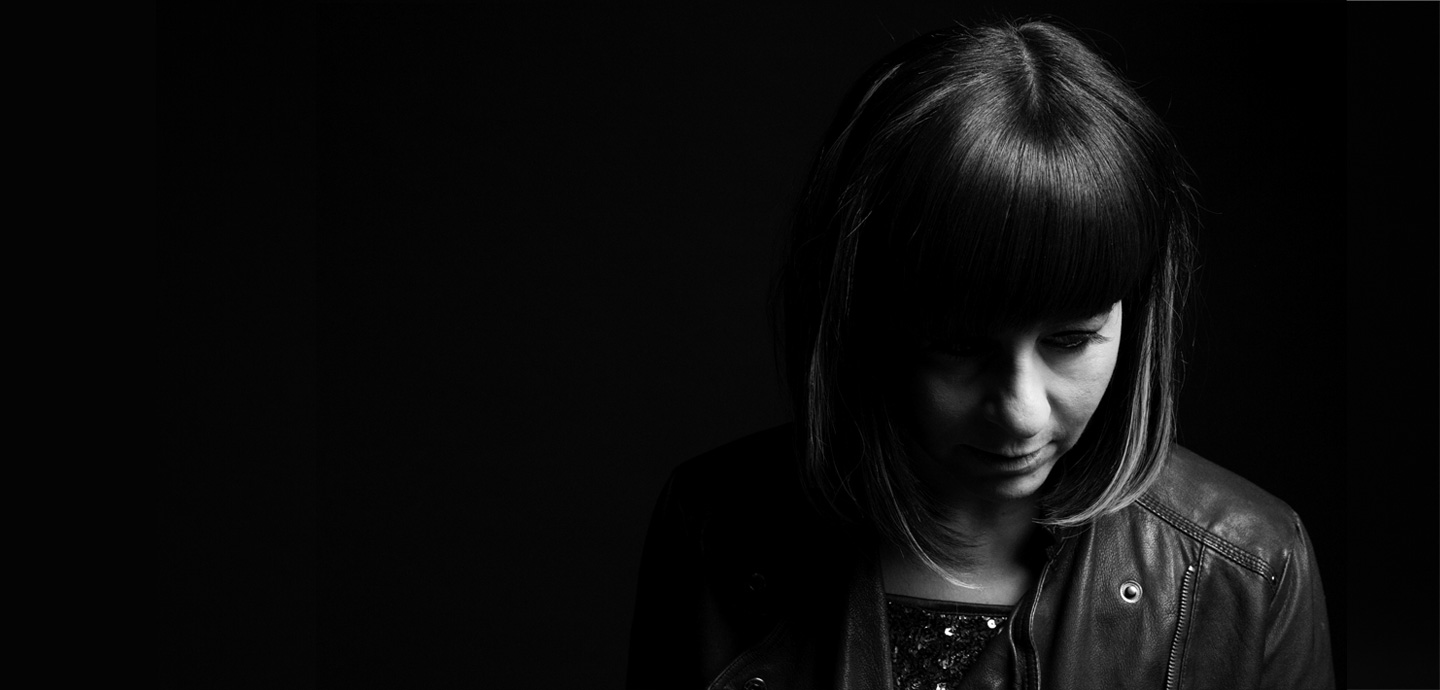
“Being adults with lives, families, and careers forces us into the moment. We have a lot to say in a short amount of time, and that plays to our intensity.”
—Janet Weiss
Sleater-Kinney’s story has often been, for better or worse, lensed by their gender—their myriad successes never fully real until mainstream indie (and male) audiences set aside the gee-whiz of low expectations and recognized them as a canonical act. Which makes the recent box set collecting their first seven albums, Start Together, especially important: Its feminist significance cannot be understated when so few other female punk bands (under half a dozen by my count, and that’s including Lydia Lunch’s spoken-word set) have gotten such treatment. Even now, we are still at the nascence of marginalized participants in underground music having their contributions and perspectives properly documented; it’s fitting that Sleater-Kinney help claim that ground. As Weiss explains it, the making of the box set deeply informed the new album, “Being connected to the past and going through the catalog together—that was a big part of being a band again.”
At the center of No Cities is the theme of power—economic, political, personal, musical. It begins with “Price Tag”, which examines the lure of American capitalism and its toll on working families, and ends with “Fade”, Tucker’s lament about the price of being an artist driven by the need to perform. “Gimme Love” and “Fangless” are sung from perspectives of people refusing to feel small and actualizing their anguish; “Bury Our Friends” goes with a literal “We won’t give in!” It’s all post-recession Spartacus vibes and feminist resistance.
Brownstein jokes that she’d suggested calling the album Power—“It’d be the hardcore thing to do,” she laughs. All three admit that their understanding of power and the true shape of it has changed dramatically since the band began, and Tucker says that the recession threw this into high relief. “I understand the weight of power, as an older person, especially economic power,” she says. “The reality of making a living and keeping a family together carries a much greater weight for me than it did at 20.”
For Brownstein, Sleater-Kinney’s rebellion has evolved: “When the band first started, it was so much about carving out some space for myself and our audience and our songs. I felt like power meant that you had to be engaged in a certain kind of struggle, by force of movement and battle—and that’s very exhausting. Now, power is more about certainty and stillness, and realizing that the infrastructures that we gather around and worship are the least powerful things.”
“It’s different when you are a young band,” says Weiss. “We are much more aware. Being adults with lives and families and careers forces us into the moment. We have a lot to say in a short amount of time, and that plays to our intensity. We’re not building—we want it to be big, now.”














